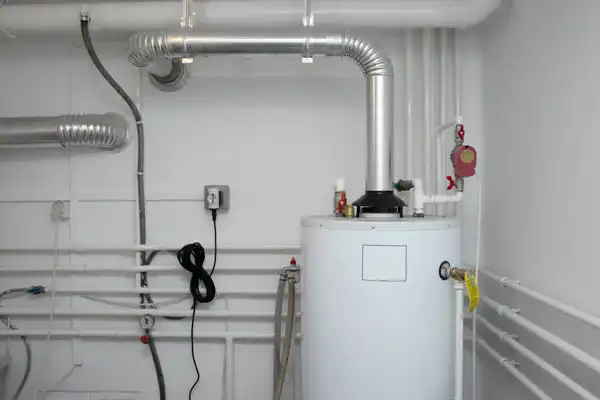Sign up for this awesome deal today!
When you need Heating services, trust the experts at The Bee Heat & AC. Our technicians have the skills, knowledge, and tools to fix most Furnace problems on the spot.
When your The Bee Heat & AC technician arrives at your home they will explain all of your options before starting repairs, so you can make informed decisions before any work begins. We service and repair most brands of equipment, so you can trust us to perform a professional Repair job.
We’re not happy until you’re happy.
Still have questions? Contact Us for all your Heating related questions!
The Bee Heat & AC is Proudly & Professionally Offering Related Furnace Installation Services in the Centennial, CO area.

The Bee Heat & AC | Centennial, CO‘s Trusted Heating Professionals
We offer a full line of installation, maintenance & repair that your home’s Heating may require, no matter the problem or time of year. You can count on the trusted professionals at The Bee Heat & AC for exceptional service & quality craftsmanship.
The Bee Heat & AC is proudly & professionally serving the greater Centennial, CO area.
There are several different types of furnaces that are available on the current market. Generally speaking, natural gas furnaces are considered to be the most efficient type of furnace, but also the biggest investment of the three. If you are in the market for a furnace, consider the following when choosing a unit for your home:
These furnaces run off of gas and are regarded as the most efficient type of furnace. They are also the biggest investment.
Oil furnaces rely on an oil tank in which oil is filtered and converted into a spray that eventually heats up your home through some further processes. Oil furnaces are considered to be second-in-line for efficiency and cost.
Electric furnaces utilize an electric motor to pump air into and out of the furnace. Electric furnaces are the cheapest option for furnaces, but are less efficient than oil and natural gas furnaces.
This final type of furnace operates by running propane and converting it into a gas. Propane furnaces are generally considered the least efficient type of furnace, but cost a bit more than an electric furnace. There are advantages to both propane and electric furnaces, you will simply need to consult with our experts to determine which is right for your home.
Our Centennial, CO experts specialize in all Heating services, so call us today or schedule service via our contact us form. No matter the request, our Centennial, CO experts are ready with a hassle-free solution with upfront pricing & customer satisfaction, guaranteed.
Have a question about your Furnace? Ask an expert from The Bee Heat & AC below for fast answers & get reliable service that your neighbors trust!
Is your home’s Heating experiencing issues? The Bee Heat & AC is the trusted name in Centennial, CO Installation services near you. Schedule your service today & ensure your Installation is on it’s way!
Upgrade your home hassle-free with our flexible financing options. From repairs to installations, we’ve got you covered. Contact The Bee Heat & AC today to discover the perfect plan for your dream Centennial, CO home!
Furnaces typically last about 15 to 20 years. Elements that can affect your furnace’s lifespan include the environment in which you live, maintenance, and grade of your equipment. Having the proper maintenance done professionally by The Bee Heat & AC every year will make the biggest impact on how long your furnace lasts.
Yes, high-efficiency furnaces will absolutely save you money. Furnace efficiency is rated by the government by how much gas comes in vs. how much heat is delivered into the home. Furnaces that are higher in efficiency are safer, cleaner, and because they work less hard, cost you less to run them. To learn more about your options, call (720) 263-1981 today!
Yes, a new furnace will very likely save you money as furnaces are only replaced every 15 to 20 years. With the advancement of today’s technology, the chances of there being a much more energy efficient model available, are sky-high. The more energy efficient the furnace is, the more money it will save you. If you’re thinking of replacing your furnace, call The Bee Heat & AC to have a heating and cooling expert guide you in choosing the right sized furnace that your home will need.
Copyright © 2025 The Bee Heat & AC. All Rights Reserved. Privacy Policy. Powered by Camp Digital.